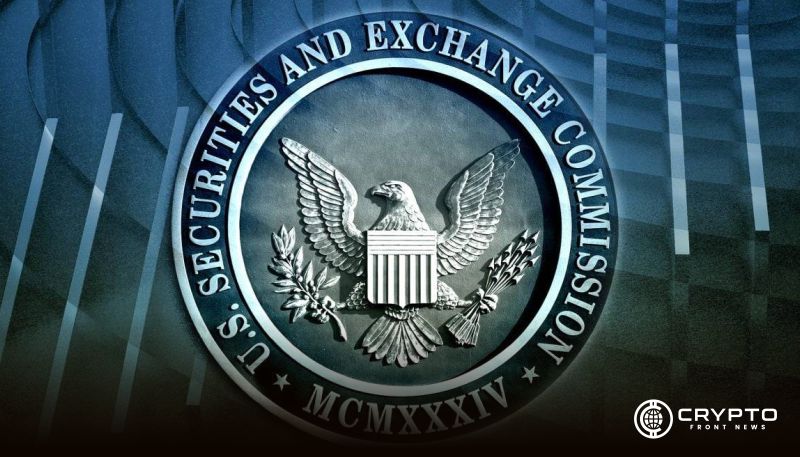- SEC considers Covered Stablecoins to be non-security assets when they maintain one-to-one U.S. dollar redemption and use liquid low-risk assets for full backing.
- The ability of Covered Stablecoin issuers to provide interest to users results in their tokens likely being labeled as securities.
- The SEC delivered welcome news to Coinbase yet its CEO demanded updates in laws to allow stablecoin holders to earn interest.
A new statement from the U.S. Securities and Exchange Commission Division of Corporation Finance defines which stablecoins qualify as excluded from security status. The statement released on Friday includes “Covered Stablecoins” which fulfill specific conditions to exclude them from the definition of securities. The stablecoins characterized as Covered Stablecoins can be pegged to the U.S. dollar by using low-risk liquid assets that enable one-to-one redemptions.
Covered Stablecoins require the SEC for operation to have a one-to-one dollar value and complete dollar redemption capabilities. The stablecoins operate with backing reserves that hold a dollar value at least the same as the total amount of stablecoins currently issued. The new framework provides stability for stablecoin businesses since these companies have experienced rising demand within U.S. crypto lawmaking discussions.
The SEC established that offering Covered Stablecoins for sale does not qualify as securities transactions but specific restrictions were included in their definition. Survey participants may not receive payment with interest because such payments would convert the tokens into securities under securities law requirements. The new regulation has received praise from Coinbase CEO Brian Armstrong but he argued that future legislation should include the feature of interest payments.
Brian Armstrong celebrated the new guidance as beneficial but emphasized that the current version fails to support stablecoins to their full capability. Users should have the ability to receive interest compensation from their reserve assets according to his belief. Armstrong advocates for stablecoin legislation that would grant these benefits and he states that the legal system needs updates to support innovative finance processes without compromising regulatory transparency.
SEC issued guidance appears as Congressional representatives prepare to write federal stablecoin regulations during the current year. The field of digital assets increasingly prompts industry leaders as well as regulators to find ways these assets align with current legal structures. The SEC guidance recently issued provides temporary benefits to issuers who face ongoing unresolved challenges.






